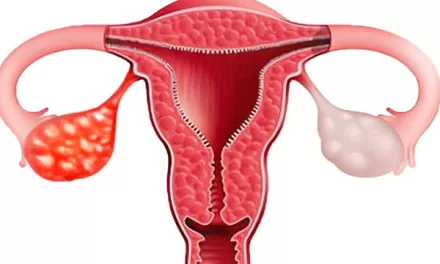Health experts have reassured the public that the Human Metapneumovirus (HMPV), recently reported in India, is not a new virus and that most of the Indian population is already immune to it. The comments come as three cases of HMPV were confirmed in the country, with affected children in Bengaluru (Karnataka) and Ahmedabad (Gujarat).
On Monday, health officials confirmed the cases of HMPV in two babies aged three and eight months from Bengaluru, and a two-year-old child from Ahmedabad, all of whom had shown symptoms of respiratory illness. Experts have emphasized that the virus has been circulating in India for years, and while it can cause mild cold-like symptoms, it is not a major concern for the general population.
“Human Metapneumovirus (HMPV) is not a new virus. It has been part of the circulating flu virus in India for a long time, and the majority of the Indian population has developed immunity to it,” said Dr. Harshal R. Salve, Additional Professor at AIIMS, New Delhi. He reassured that the chances of severe disease were very rare and called for calm, urging the public to avoid rumor-mongering.
HMPV, which was first identified in 2001, belongs to the Pneumoviridae family, along with the Respiratory Syncytial Virus (RSV). The virus causes respiratory symptoms similar to the common cold, such as cough, fever, nasal congestion, and shortness of breath. Health experts noted that while the virus may affect children, the elderly, and those with comorbidities more severely, most cases are self-limiting and not cause for alarm.
The cases in Bengaluru were detected through routine surveillance by the Indian Council of Medical Research (ICMR). Both children had a history of bronchopneumonia, a form of pneumonia, and were admitted to a private hospital. The baby girl has since been discharged, while the baby boy is reported to be recovering.
In the Ahmedabad case, the child, who was admitted to a private hospital in Chandkheda after showing symptoms of cold and cough, is now stable. Local officials confirmed that the child had no recent travel history, and the situation is under control.
Dr. Rajeev Jayadevan, Chairman of the Kerala State IMA Research Cell, added that HMPV is a common cause of colds in both children and adults worldwide. “It is a known virus that circulates every year and causes the common cold. We don’t routinely test for the specific virus causing cold symptoms, so detecting HMPV is not unusual,” he explained.
Though HMPV has been identified globally, including in China, experts have stressed that there is no cause for panic. “The virus is not new, and the cases in India are not linked to any specific outbreak in China. People should not jump to conclusions based on rumors,” said Dr. Jayadevan.
While it remains unclear whether the virus in India is linked to a new strain emerging in China, local authorities have stressed that the three children affected have not traveled abroad. The Karnataka Health Minister, Dinesh Gundu Rao, clarified that the children had no recent travel history to countries like China or Malaysia, and the outbreak in China is linked to a new variant of HMPV, which is still being studied.
Lancelot Pinto, a pulmonologist and epidemiologist, also weighed in, noting that the HMPV strain circulating in India may not be different from previous ones. “Unless a new variant is confirmed through genome sequencing, there is no reason to believe this strain is significantly more dangerous,” Pinto said.
The Indian government has issued precautionary measures to reduce the spread of respiratory illnesses, such as covering the mouth and nose when coughing or sneezing, frequent handwashing, and avoiding crowded places when ill. Authorities have urged the public to stay informed and not panic.
As the situation continues to evolve, health officials are monitoring the spread of HMPV and encourage the public to adhere to safety guidelines while the full details of the virus’s strain and potential risks are further assessed.












